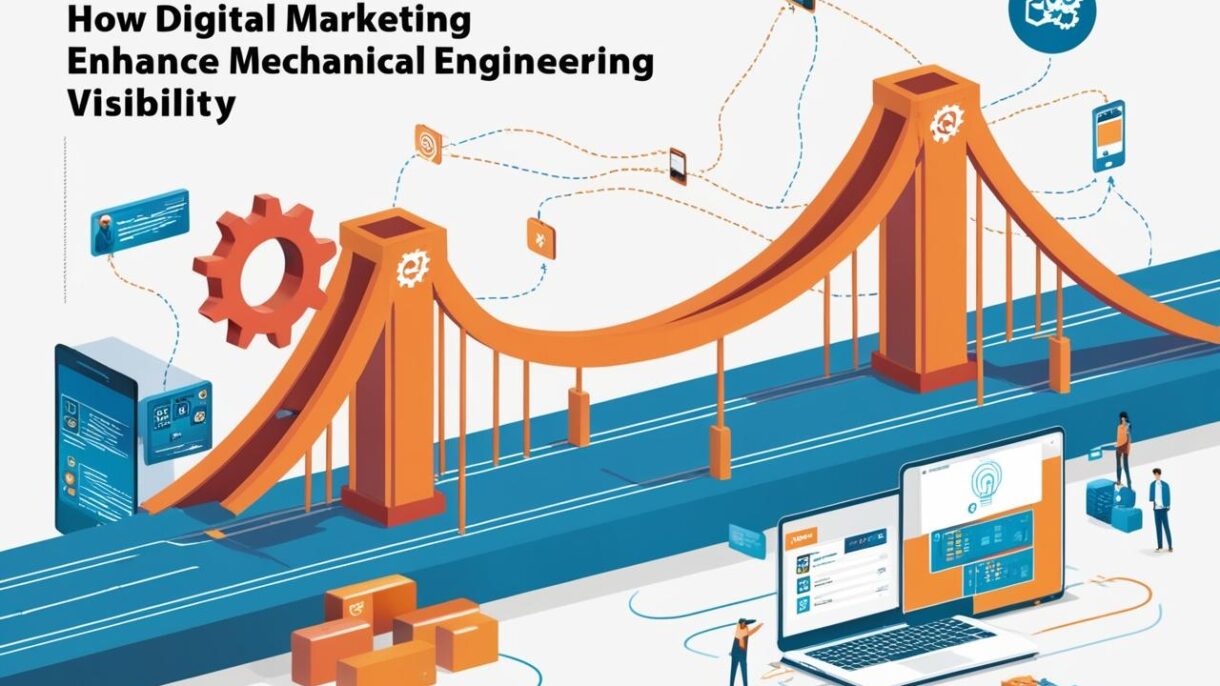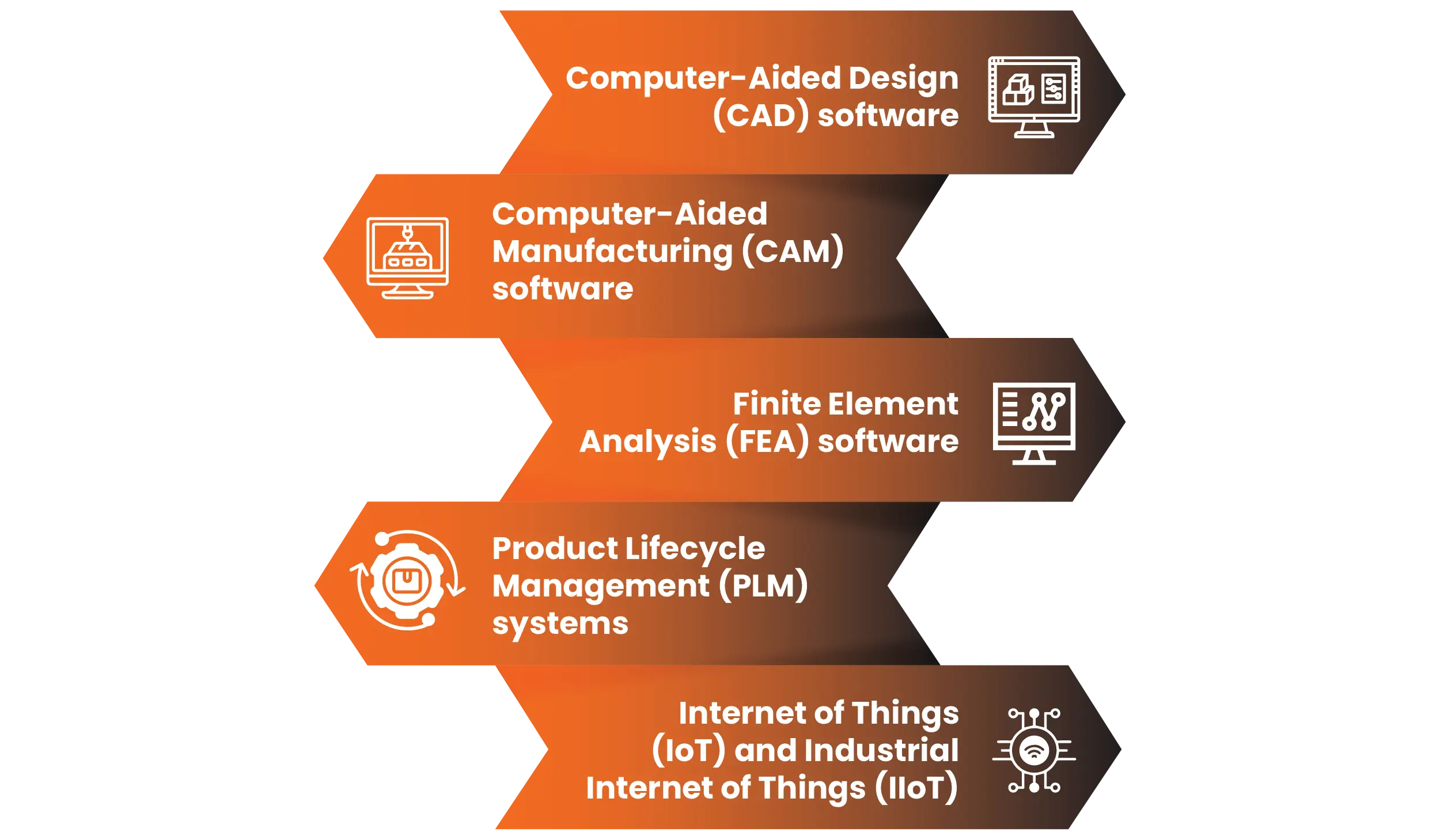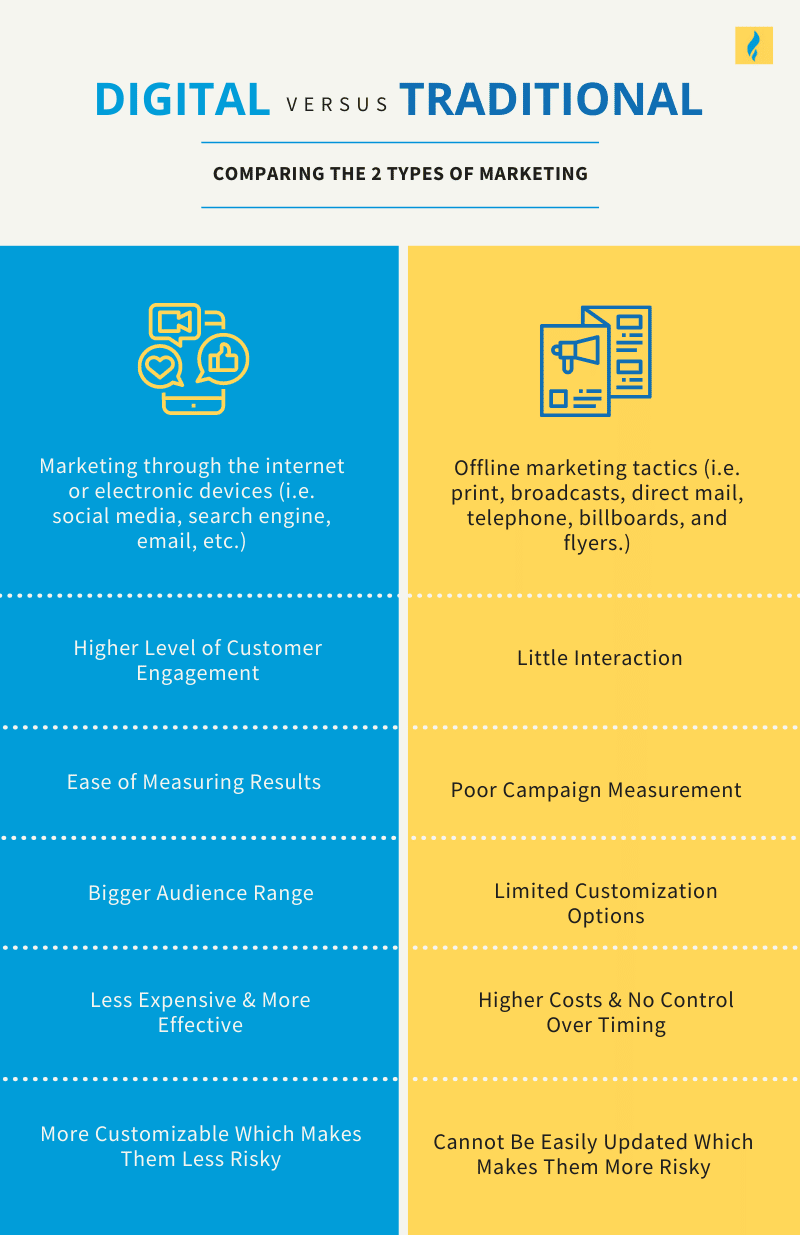
In a world where online visibility determines business growth, mechanical engineering firms often find themselves underrepresented in the digital landscape. Despite offering essential services and innovative solutions, many engineering companies struggle to reach potential clients beyond traditional referral-based networks. This creates a significant gap between their capabilities and their market exposure, limiting business opportunities and brand recognition.
Historically, mechanical engineering has relied heavily on in-person networking, industrial exhibitions, and B2B connections. While these methods still hold value, they are no longer sufficient in an era dominated by online research and digital interactions. Today’s clients—whether individuals, corporations, or public institutions—turn to search engines, social media, and online reviews to make informed decisions. Without a strong digital presence, even the most skilled engineering firms risk going unnoticed.
This is where digital marketing steps in as a game-changer. It offers mechanical engineering companies the tools and strategies to enhance their online footprint, showcase expertise, and generate high-quality leads. From search engine optimization (SEO) to targeted advertising and content creation, digital marketing allows firms to connect with their audience on platforms where they spend the most time.
Table of Contents
Sr. Headings
1) Introduction
2) Challenges in Mechanical Engineering Visibility
3) Digital Marketing Strategies for Mechanical Engineers
Search Engine Optimization (SEO)
Content Marketing
Social Media Engagement
Pay-Per-Click (PPC) Advertising
Email Marketing
4) Case Studies: Success Stories in Engineering Digital Marketing
5) Conclusion
6) Frequently Asked Questions (FAQs)

Introduction
In a world where online visibility determines business growth, mechanical engineering firms often find themselves underrepresented in the digital landscape. Despite offering essential services and innovative solutions, many engineering companies struggle to reach potential clients beyond traditional referral-based networks. This creates a significant gap between their capabilities and their market exposure, limiting business opportunities and brand recognition.
Historically, mechanical engineering has relied heavily on in-person networking, industrial exhibitions, and B2B connections. While these methods still hold value, they are no longer sufficient in an era dominated by online research and digital interactions. Today’s clients—whether individuals, corporations, or public institutions—turn to search engines, social media, and online reviews to make informed decisions. Without a strong digital presence, even the most skilled engineering firms risk going unnoticed.
This is where digital marketing steps in as a game-changer. It offers mechanical engineering companies the tools and strategies to enhance their online footprint, showcase expertise, and generate high-quality leads. From search engine optimization (SEO) to targeted advertising and content creation, digital marketing allows firms to connect with their audience on platforms where they spend the most time.
The goal of this blog is to highlight how mechanical engineering businesses can harness digital marketing to bridge the visibility gap. We’ll explore common challenges in engineering outreach, outline proven digital marketing tactics, and share real-life examples of firms that have successfully transformed their brand presence. Whether you’re a small workshop or a large-scale industrial service provider, this guide will equip you with actionable insights to thrive in the digital age.
The Visibility Challenge in Mechanical Engineering
Mechanical engineering, a field rooted in precision and innovation, often struggles with visibility due to its technical nature and niche audience. Many firms rely heavily on word-of-mouth referrals and traditional networking, which can limit their reach and growth potential.
Digital marketing offers a solution by providing platforms and tools to showcase expertise, share success stories, and connect with a broader audience. By leveraging online channels, mechanical engineers can effectively communicate their value proposition and differentiate themselves from competitors.
Despite being at the heart of innovation in industries ranging from automotive to aerospace, mechanical engineering firms often face a significant visibility issue. Their work is technical, complex, and largely behind-the-scenes, making it difficult to communicate value to non-technical stakeholders. As a result, many firms struggle to attract attention outside of their existing networks—even when their services are top-notch. Unlike consumer-facing industries, engineering is not typically associated with flashy marketing, and this mindset has kept many firms from exploring newer, more effective outreach methods.
One major reason for this visibility gap is the nature of the engineering sales cycle. It is long, relationship-driven, and highly dependent on trust and credibility. Most business comes from repeat clients or word-of-mouth referrals—both of which, while valuable, are not scalable. Furthermore, many firms don’t invest in brand storytelling, user experience, or online lead generation, which are critical elements in modern marketing strategies. In today’s digital-first world, relying solely on offline methods or outdated brochures can render a company virtually invisible to new clients doing online research.
Moreover, mechanical engineering websites are often underutilized. Many of them serve as basic digital brochures rather than dynamic platforms that educate, engage, and convert. They may lack search engine optimization (SEO), relevant case studies, technical blogs, or calls to action. As a result, when prospective clients search for engineering solutions online, these firms either don’t appear at all, or fail to provide the information needed to convert interest into inquiries.
Compounding this problem is the competitive nature of the engineering field. Large firms with bigger budgets are already adopting digital strategies—publishing thought leadership content, running LinkedIn ads, optimizing their websites, and improving online reputation. This puts smaller or traditional firms at a further disadvantage, widening the gap between visibility and capability. In many cases, a firm with less technical expertise but stronger marketing wins the contract, simply because they’re more discoverable and appear more modern or reliable online.
There’s also an internal cultural factor. Engineers are trained to be precise, logical, and fact-driven—traits that don’t always align with creative, emotion-based marketing. As a result, marketing is often viewed as secondary to operations or R&D. This perception creates hesitancy in investing time and resources into branding, social media, or content creation—despite these being proven drivers of business development in every industry.
Ultimately, the visibility challenge in mechanical engineering isn’t about capability—it’s about communication. It’s not that these firms don’t have value to offer; it’s that they’re not effectively broadcasting that value where potential clients are looking. Bridging this gap requires a mindset shift: recognizing that digital marketing is not just for tech companies or consumer products, but a vital growth engine for B2B, industrial, and technical services as well.

Digital Marketing Strategies for Mechanical Engineers
Search Engine Optimization (SEO)
SEO is the cornerstone of digital visibility. By optimizing website content with relevant keywords, meta descriptions, and high-quality backlinks, mechanical engineering firms can improve their rankings on search engine results pages (SERPs). This increased visibility leads to higher website traffic and more qualified leads.
Content Marketing
Creating valuable and informative content positions mechanical engineers as thought leaders in their field. Blog posts, whitepapers, and case studies that address industry challenges and showcase innovative solutions can attract and engage potential clients.
Social Media Engagement
Platforms like LinkedIn, Twitter, and YouTube offer opportunities for mechanical engineers to share insights, project updates, and industry news. Engaging with audiences on these platforms helps build relationships and enhances brand recognition.
Pay-Per-Click (PPC) Advertising
PPC campaigns allow firms to target specific demographics and industries, ensuring that marketing efforts reach the most relevant audience. Platforms like Google Ads and LinkedIn Ads can drive immediate traffic and generate leads.
Email Marketing
Email campaigns are effective for nurturing leads and maintaining relationships with existing clients. Sharing newsletters, project updates, and industry insights keeps your firm top-of-mind and encourages repeat business.
Case Studies: Success Stories in Engineering Digital Marketing
Several engineering firms have successfully leveraged digital marketing to enhance their visibility and drive growth:
Investment Casting Company: Achieved a 66.61% increase in website traffic and a 356.16% increase in organic search traffic through targeted content marketing and SEO strategies.
— SQ DigitalMorecambe Metals: Experienced a 144% year-over-year increase in new users and a 175% growth in organic traffic by enhancing their local presence and building trust with clients.
— SQ Digital


Absolutely. Digital marketing offers scalable solutions that can be tailored to fit the budget and goals of firms of all sizes, enabling smaller firms to compete effectively in the market.
While some strategies like PPC can yield immediate results, others like SEO and content marketing may take several months to show significant outcomes. Consistency and ongoing optimization are key to long-term success.
LinkedIn is particularly effective for B2B engagement, while platforms like YouTube can showcase project videos and tutorials. The choice depends on where your target audience is most active.
Utilize analytics tools like Google Analytics to track website traffic, conversion rates, and user engagement. Monitoring these metrics helps in assessing the effectiveness of your strategies and making informed adjustments.
Conclusion
Digital marketing is no longer optional for mechanical engineering firms aiming to thrive in a competitive landscape. By embracing SEO, content marketing, social media engagement, PPC advertising, and email campaigns, engineers can significantly enhance their visibility, attract new clients, and establish themselves as industry leaders.
OCP Academy
(A Unit of OCP Foundation)
Learning Today, Leading Tomorrow

